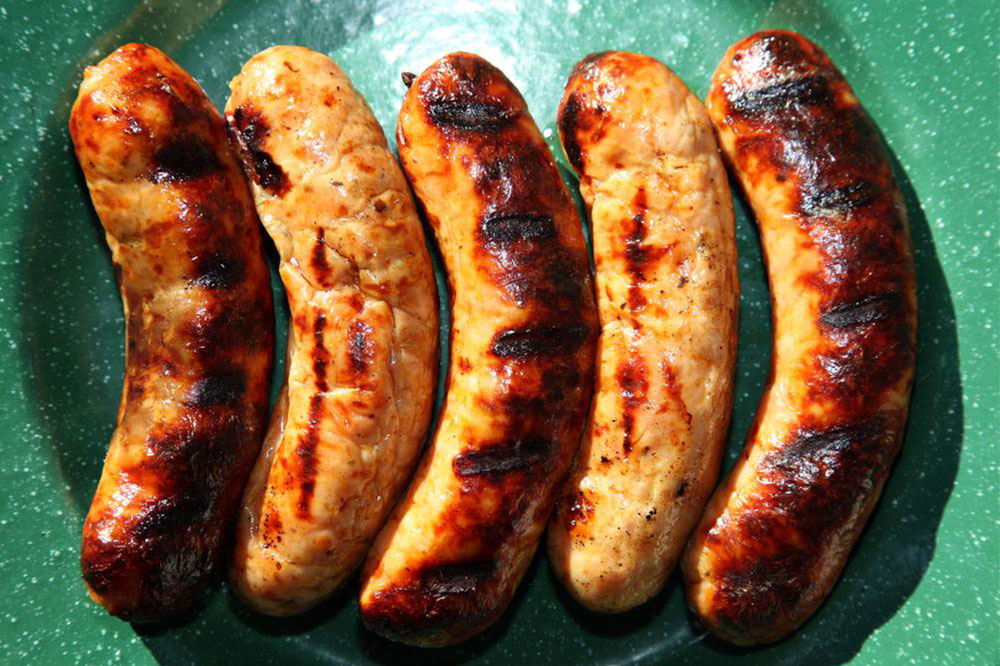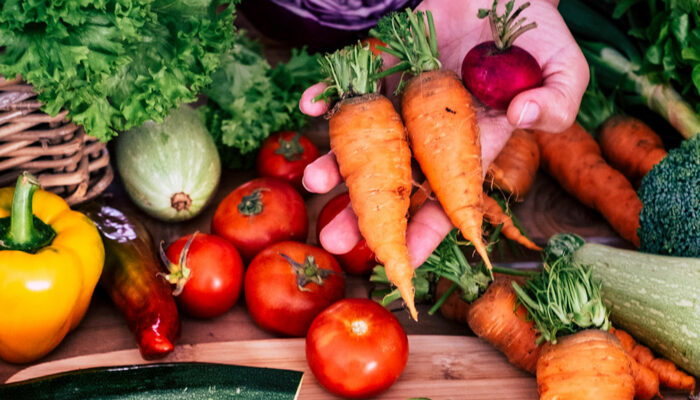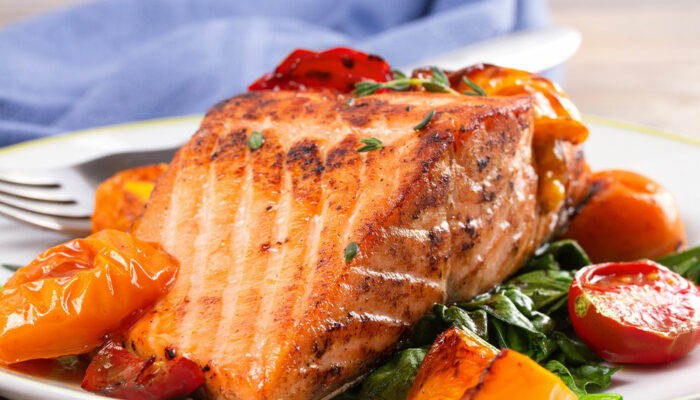
Diet Tips For Patients With Ulcerative Colitis
Ulcerative colitis is not only painful but also disruptive to your routine. The inflammation and sores that last a long time in the digestive tract, especially in the colon and rectum can be mild or severe. Genetics, environmental factors, unhealthy food habits, and destructive lifestyles are assumed to be causes of this health condition. Medication and surgery are some of the treatment options, but diet modifications might be helpful too. Here are six basic dos and don’ts for you.
Eat Wholesome Foods
Following detrimental food patterns is one of the known causes of ulcerative colitis. When your diet is deficient, it could lead to malnutrition, nutritional deprivation, or unintended weight loss. Modifying your diet is the most sensible way to rectify this situation. Aim for alternative sources of nutrition when one source does not sit well with your condition. For example, you could try cooking a vegetable if it is not compatible when eaten raw. If sardines or lamb that are rich in iron aggravate your colitis symptoms, you could try having dried apricots or kale instead. The goal here is to consume wholesome foods for good health and not miss any nutrition.
Make Meal Plans and Shop Adequately
Make appropriate meal plans to suit your health condition and organize your grocery shopping accordingly. Expect remissions and flares and devise alternative menus suitably. You could also prep or cook a few meals in advance and use them when you do not have the time or energy to make fresh ones when you are hungry.
Eat Soothing Foods
Pomegranate calms an irritated gut. It is an anti-inflammatory that soothes colon damage and inflammation in the large intestine. Probiotics in yogurt, kale, kefir, and miso help increase good bacteria in your gut. These help in easy digestion of the foods you eat and also reduce symptoms and flares of ulcerative colitis.
Refined grains enriched with vitamins and minerals might be easier to digest than whole grains. For the same reason, instant or quick-cooking oats are beneficial in this diet.
Eat More Frequently
Eating smaller meals helps your system digest foods effortlessly. It also provides energy consistently throughout the day, unlike three large meals. So intersperse your breakfast, lunch, and dinner with pre and post snacks between them to alleviate nausea and lack of appetite, two symptoms of ulcerative colitis.
Avoid Foods That Exasperate Symptoms
Some foods that you eat can aggravate ulcerative colitis symptoms. You must identify these triggers and remove them from your diet. Dairy products could provoke gastrointestinal issues like cramping, gas, and diarrhea in some people. Caffeine present in coffee, tea, and energy drinks can worsen ulcerative colitis symptoms and make your intestines overwork because it is a stimulant. The same holds good for other beverages like liquor, beer, and wine.
Carbonated drinks contain caffeine, artificial colors and sweeteners, which can irritate your digestive tract. These can worsen already existing symptoms of ulcerative colitis.
Avoid Outside Food
When you have signs of ulcerative colitis following a special bland diet might help your condition. Restaurant and takeaway foods might be oily, greasy, spicy, contain preservatives and artificial flavors, and might suit you. Hence, eating fresh, home-cooked foods might be the best solution.



